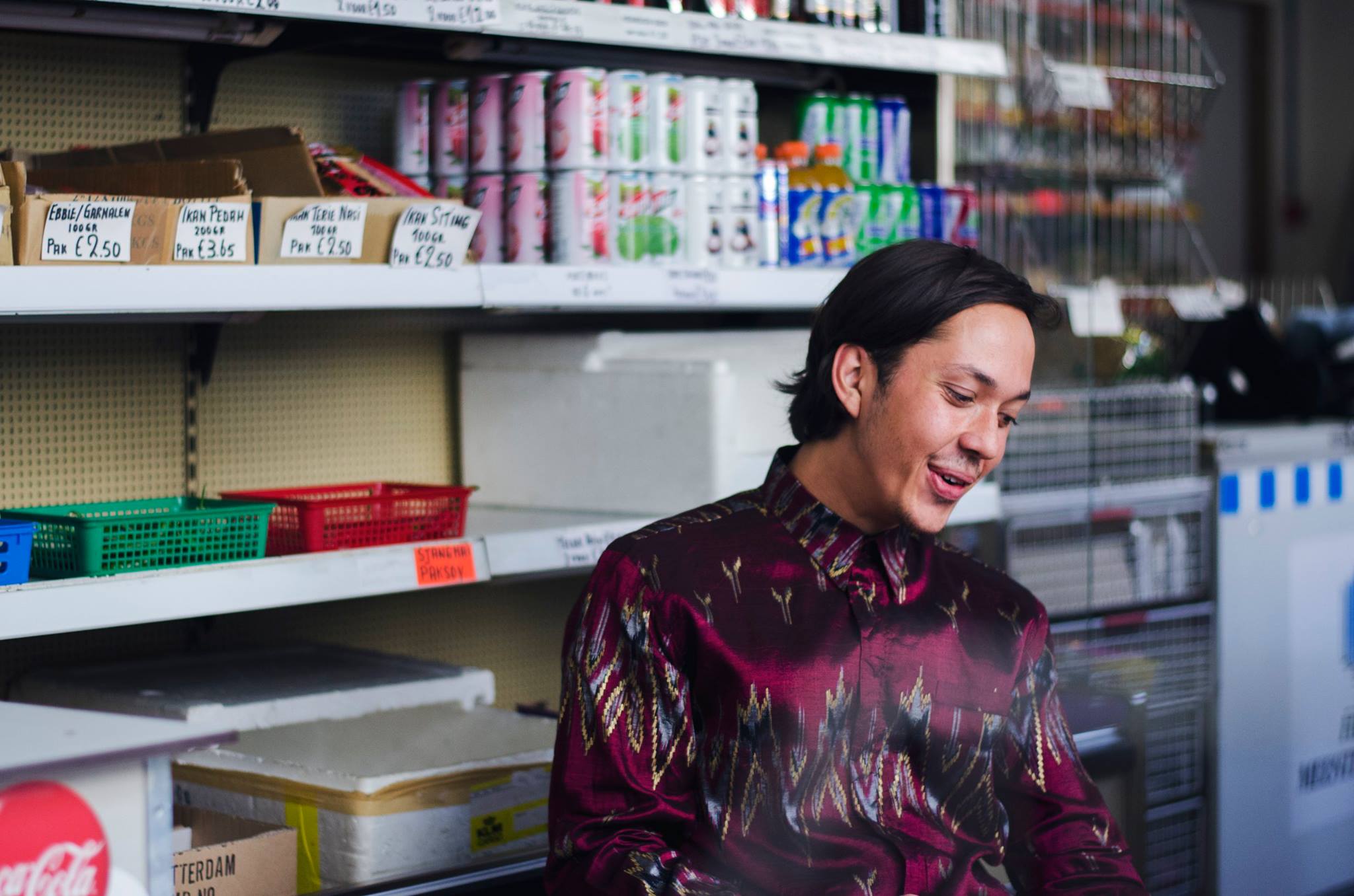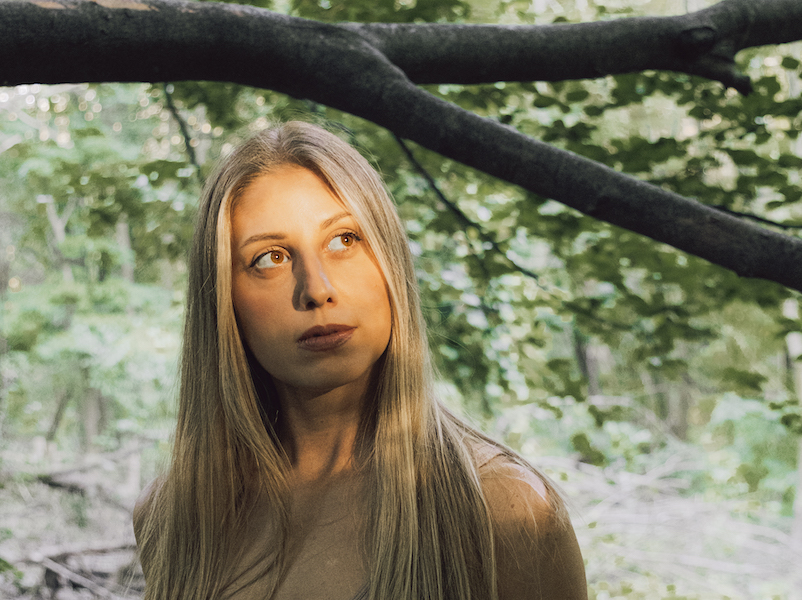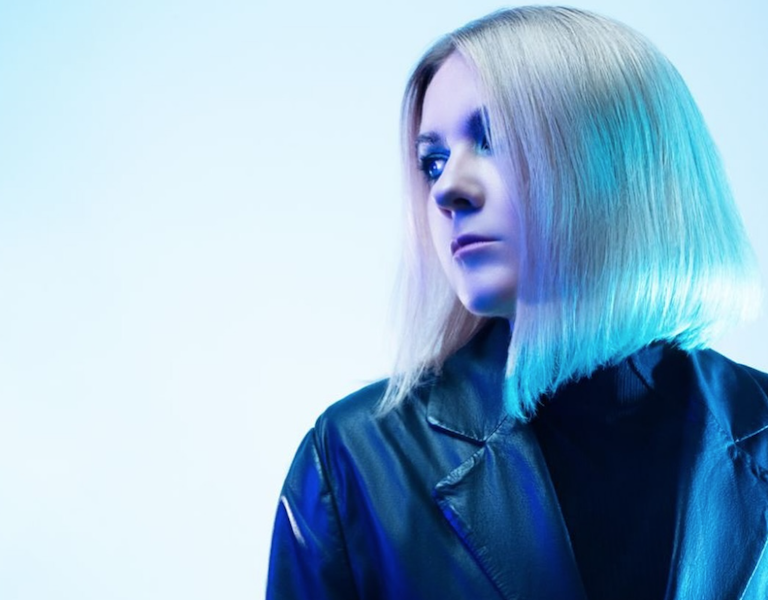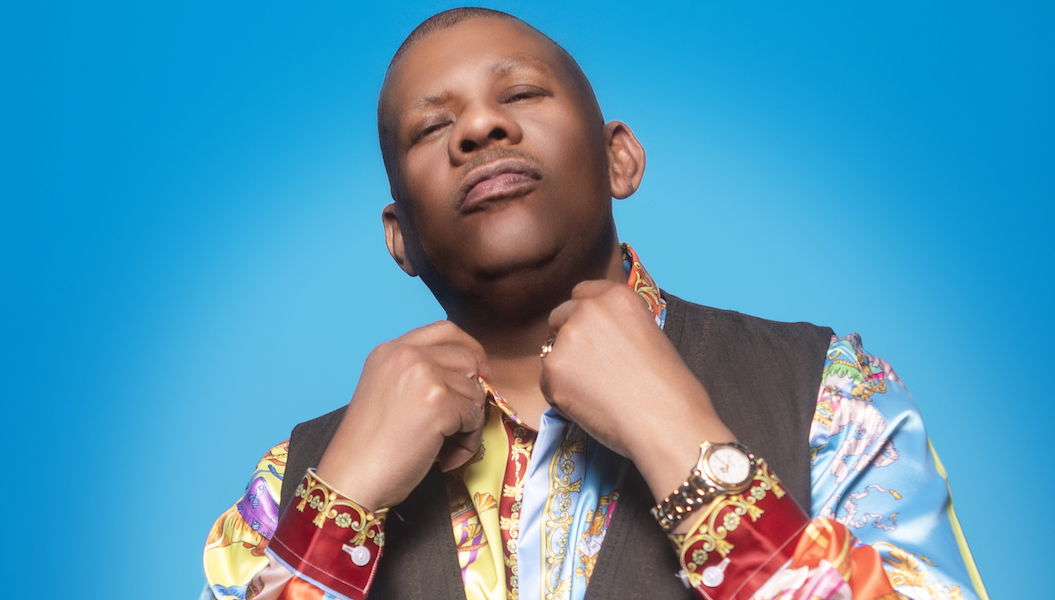Within the increasingly competitive music industry arena, creating unique art seems more difficult than ever. Finding ways to have that art seen, heard and appreciated is a challenge growing proportionally to the sheer abundance of immediately consumable content made available via social media and music streaming. This climate creates a need for collectives of artists, curators and art lovers to fuse together their talents, resources and visions to maximise and direct their impact towards long term delivery of beautiful music, art and experiences. At When We Dip, the mission has always been to present new and compelling sounds, artists, labels and initiatives to music lovers worldwide. Realising the opportunity to take this one step further, the collaborative label project XYZ endeavours use this platform to shine a spotlight on a consciously curated community artists. To showcase their uninhibited creative exploits before an international audience of enthusiasts.
Inaugurating the project with an exquisite 3 piece EP is an incredibly talented artist, Kevin Huizing, AKA Budakid. Born into a musical household in Grave, Holland, his natural sense of rhythm drew him to the drums and before long, behind the DJ decks. Before he was even of legal age, he had earned himself a residency at one of Utrecht’s most popular clubs and was receiving requests to play alongside those twice his age. Riding this trajectory, he threw himself into music production, teaching himself the technical ins and outs of a craft he was naturally so familiar with. Influenced by the likes of Todd Terje, Stimming, Jimpster and acts like Tame Impala, Tycho and Caribou, the Dutchmen developed a distinctly sophisticated, detailed, melodically compelling style of his own.
A warm, optimistic and passionate person, his character shines through his music, adding substance and depth to his technical prowess. A graduate of Tilburg’s Rock Academy, Europe’s first Bachelor of Pop Music Institute, his knowledge of sound design and music theory coupled with a natural affinity for rhythm have led the young artist to gather strikingly steady recognition in today’s scene. Releasing under the alias of Budakid since 2010, he has amassed a catalog of stellar releases on some of the industry’s leading labels like Lost & Found, Einmusika, Stil vor Talent and Sudbeat, and regularly earns support from the likes Hernan Cattaneo, Guy J, TENSNAKE, Oliver Schories and countless more.
In welcoming him to the family and to properly introduce him to you, we sat down with Budakid to delve deeper into his background, influences and outlook on creativity, life and music.
✖✖✖✖✖✖✖✖✖✖✖✖✖✖✖✖✖✖✖✖✖✖✖✖✖✖✖✖✖✖✖✖✖✖✖✖✖✖✖✖✖✖✖✖✖✖✖✖
WWD: Hi Kevin, we are very proud to be launching our XYZ project with you this week. It’s been a long time coming for us and we couldn’t be happier to have you leading the charge. Having been born into a musical family, it seems that music is something that you grew up surrounded by. Was electronic music a natural path for you? How did you discover it?
Budakid: As a child it was kind of natural to be surrounded by music. I grew up with some drumsticks in my hand, playing in a ensemble for like 7 years. At the age of 14 my cousin told me: “Kevin, you can make music on a computer instead of using a real drum kit”. From that moment I was hooked: I spend nights on discovering Fruityloops. After a few years I burned the music I created on a CD and gave it to the DJ’s in the clubs that I was visiting with my friends at that time. We had a few DJ’s circling around in the place where I lived – they played more minimal tech-house at that moment. This was also a great inspiration for me.
WWD: What was life like growing up in Grave? What were some of the things you did for fun?
Budakid: Close to Nijmegen, it’s a quite small place with 15k inhabitants. At the age of 16 I started to study graphic design. After graduating I moved to Tilburg to start working as a multimedia designer. It was a steady life, but not satisfying for me. I was looking for a way how I could spend more time on music and how to develop it in a more proper way. I decided to change my path and started to study music at the conservatory in Tilburg. This was the best decision I took so far.
WWD: Coming out of ADE, what are your views on modern dance music & club culture? (Community, Artistic freedom, etc)
Budakid: ADE is becoming one of the most important events for the industry of dance music. For me it’s a possibility to meet friends and people I work with (instead of online contact). My view on dance music and the club culture is changing over the years. Sometimes it looks like artists need to have more than only good music. Social skills, networking and an marketing becomes quite important nowadays. Therefore it’s quite hard to find yourself a way up, because of the overflow of new music – there are like over 1000’s releases a day.
But on the other side this enables the club culture to expand and to let the underground music spread its wings. Due to the variety of possibilities to reach broader audiences dance music goes global in a way. I think this is important because music and dancing can take you out of reality.
WWD: What do you feel are the current challenges facing the music industry?
Budakid: The next generation, millennials, gets used to consume music as a free thing. But the question is, how artists and musicians can make a living out of it ? Some things are improving – looking at Spotify for example – but it seems very hard to survive just with music…
WWD: Art is a very feeling-based pursuit. What do you feel are the keys to nurturing your creativity? How do you manage scheduling effective studio time? Do you have a time/setting in which you feel you make your best music?
Budakid: Uhmm, pretty hard to say. Once somebody told me to write these moments down, when you are the most creative. But unfortunately I didn’t – haha. Most of the times I’m very productive in the morning, directly after I wake up. It’s like jumping out of the bed directly in front of my computer with a cup of coffee as my studio partner. I don’t have a ritual actually, making music in the studio is always a gift for me (or even an addiction), so I don’t have to push or schedule myself in.
But what I noticed the last years is that personal emotions are influencing my state of mind in the creative process. Also the names of my tracks relate to these experiences. When I listen back to my output it somehow like a diary.
WWD: If at all, how has your Indonesian lineage had an influence on your creativity/output? Do you feel a strong connection to that part of yourself?
Budakid: I grew up in an atmosphere where it didn’t matter where people were coming from. The relation that I had to Indonesia was through the roots of my family. Once I visited Indonesia last year I discovered that the connection was a bit deeper. I was familiar and comfortable to the habits so I realized that I had a stronger connection to this country than I thought. Of course the background of my family influenced the way how I was raised and who I am today, so it shaped me naturally. At the end I don’t like using this culture as a source of inspiration itself. Because it’s not possible to reflect a cultural atmosphere only through sound. It’s much more…
WWD: If you weren’t doing music, what could you see yourself doing?
Budakid: As a kid I always had the dream to become a chef one day. In the end I went to a graphic school. So if music was not part of my life I would probably still do graphic design. Maybe I would have decided later to change direction and dive into the kitchen to become a chef somehow, haha.
WWD: What has been one of the most important/memorable pieces of advice you received in your career so far?
Budakid: I think one from my dad. When I was young he always told me: “Kevin, the best thing you can do is to make your work out of your hobby”. He taught me that life is too short to spend time on things you don’t enjoy.
WWD: What advice would you give a young music producer trying to find their own sound?
Budakid: Don’t look for your “own” sound how you look for some new clothes. It’s something you are carrying since you were young. Your own sound is shaped by all the music you’ve heard so far. I see it more as a crystallization of your own taste. So my advice would be, just create and don’t think to much about “your sound” because this could distract you from the whole creative process. Once you spend over 5000 hours and have created over 100 tracks you will hear a red line through your creations. This line you can maybe describe as “your sound”.

WWD: Living in Berlin, you’ve played some of the best venues in the city including KaterBlau and Watergate. Do you find yourself going out to dance when you’re not playing? Do you stick around to dance after your gigs?
Budakid: I already spend a lot of time in places surrounded by sound or music. I also can’t relax and dance to music that easy because I’m analyzing it too much, so I rarely find myself clubbing. But if there’s a special act I want to see, I try to go there.
WWD: How has moving to Berlin from Holland impacted you generally and musically?
Budakid: I think that the feeling of being free in Berlin has the most impact. Something I didn’t experience like that in the Netherlands. In Berlin you can change your life upside down without people looking weird at you. Musically it’s pretty hard to say, because I can’t notice it myself.
WWD: What do you think about the prospect of launching your own label?
Budakid: My good friend Nordfold and me are sometimes philosophizing about creating a platform. It could save time that all the contracts around releases sometimes takes. So on the long run it could be a solution to set up an imprint.
WWD: What do you feel is the role of labels in electronic music? Do you feel it has changed since your first release?
Budakid: I think the role of a label is to make a statement. To stand for something: a specific sound, a group of artists or maybe their diversity in top notch music. Nowadays you can start your own label very easy and release everything yourself. If it changed… hmm – I guess so. Labels are still arranging artwork, taking care of your masters and having their own fanbase. But one difference I noticed is that now everything is online. But the most important thing, that doesn’t change, is that a label works as a filter to their audience.
WWD: What was your most memorable performance so far and why?
Budakid: I think Bangladesh, I played there last year and it felt very pure. Parties are not allowed there so if there’s a party going on once a month, everyone is living to this moment, what you really can notice. I really enjoyed the enthusiastic energy, such an atmosphere is just infectious.
WWD: Who are some of your favourite artists right now?
Budakid: I’m always looking forward to new releases of Dave DK, Stimming and Roman Flugel for example. Besides electronic music I listen a lot to Sufjan Stevens, Lorn, Lambert and GoGo Penguin.
WWD: Outside of dance music, what do you listen to refresh your ears or inspire yourself?
Budakid: I really enjoy listening to a wide spectrum of music. From Jazz to classical music and different kinds electronic music.
WWD: With eyes on the horizon, do you have any goals for 2019 and beyond?
Budakid: I would love to make more music, have some new collaborations and I will expand my live set bit-by-bit 🙂

Budakid is also the man in charge of our main mix series podcast this week in celebration of the release. You can listen to his mix below:
Listen to/download the full EP here!
Follow Budakid:
Soundcloud
Instagram
Facebook
Spotify
Follow XYZ:
Soundcloud
Instagram






